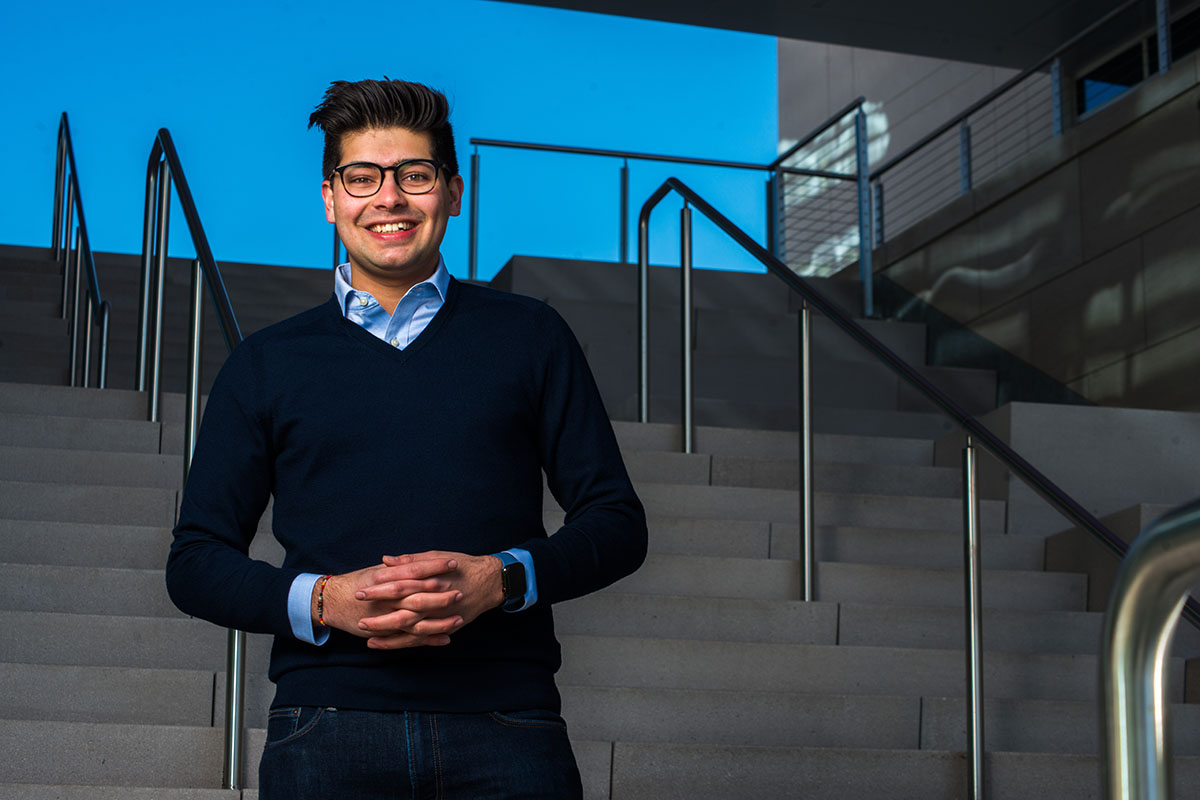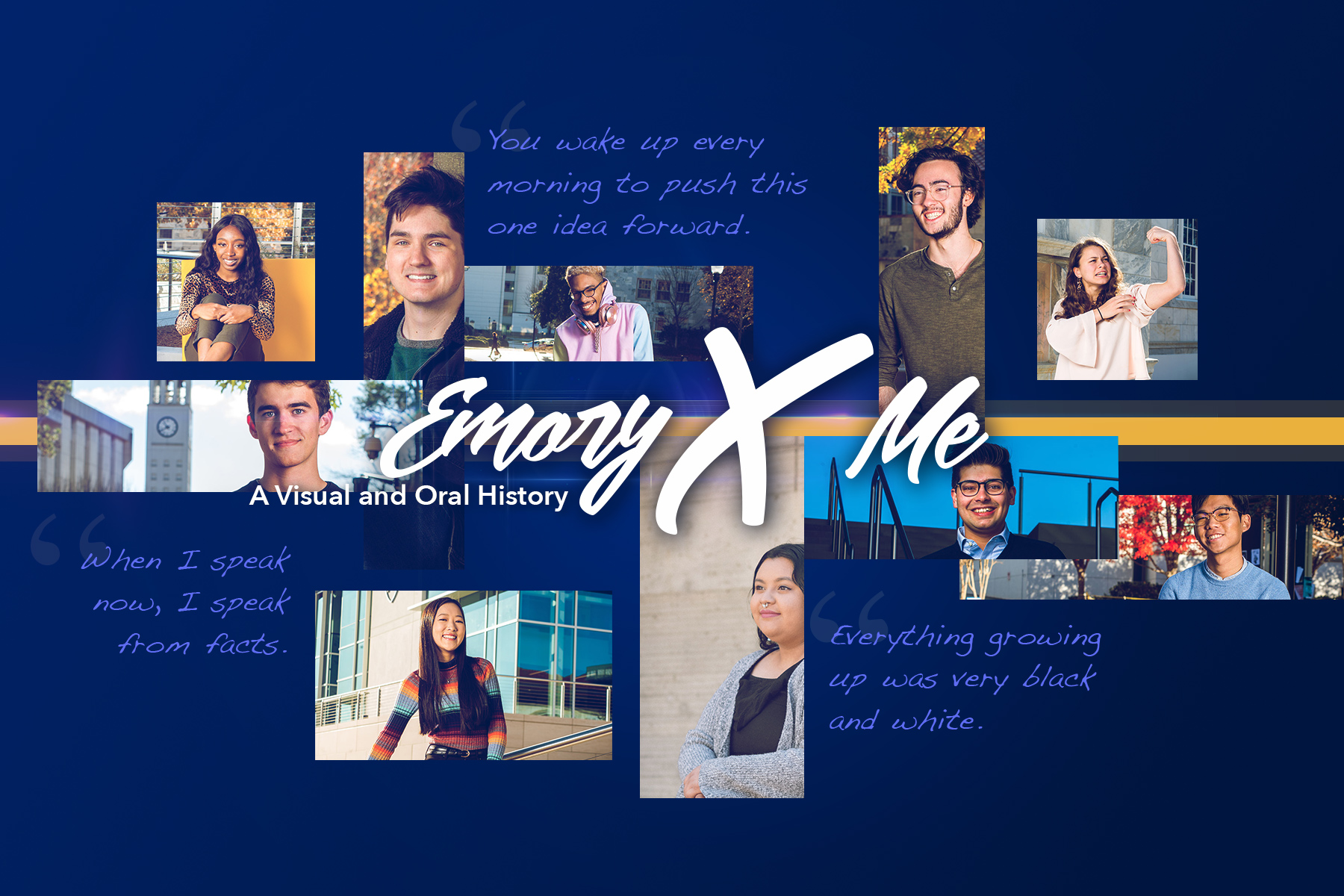
Emory X Me 2019 Fall

Sam Kim 21Ox 23C
“Most people don’t usually see the sentimental and emotional side of me. As guys, we are not always open about how we really feel. When I write lyrics, I get really vulnerable. Meeting and collaborating with people through music at Emory, [people] who specialize in different instruments, has really helped my art.”
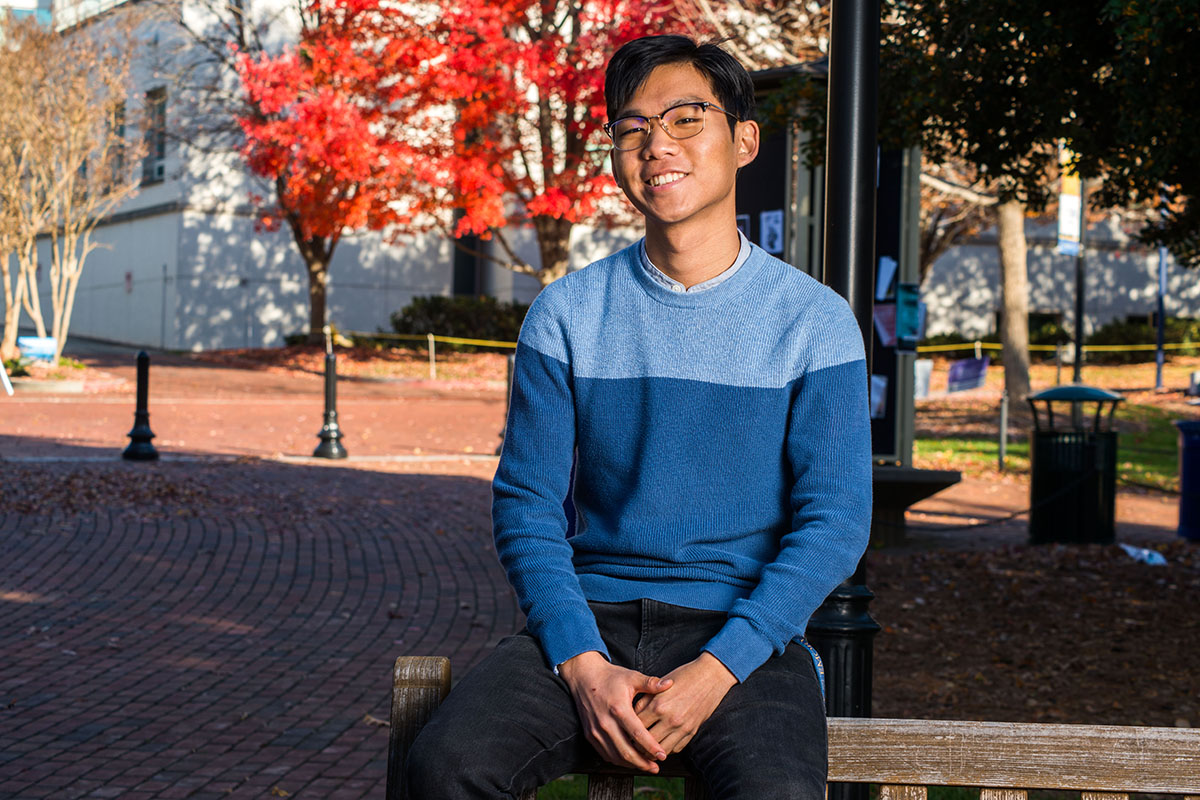
Suad Mumin 23C
“I really enjoy working with kids. I love how the connections with kids can be and how they haven’t let a lot of what the outside world thinks influence their opinions and how they should think. Kids inherently know they should be kind -- unless someone has influenced them otherwise. And even if they have, you can still get [them] back in order for them to succeed in life.
At some point I probably changed the way I was speaking to someone to better accommodate them, but once I learned to be myself, I inadvertently showed people that I didn’t fit this mold or stereotype that they were making of me.”
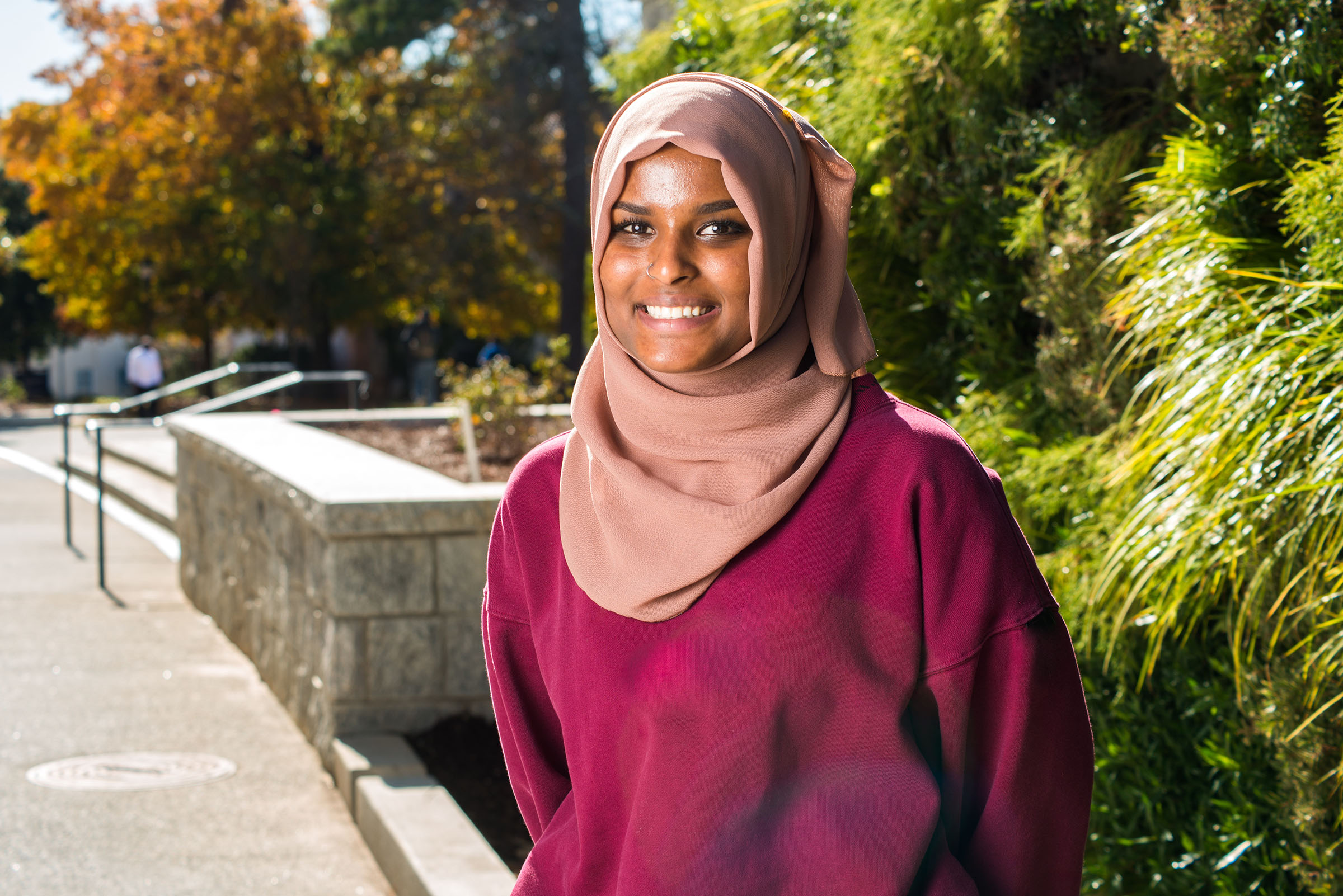
Lyndsey Garbee 21C
“There is an unspoken mentality at Emory - some of us call it the “Stress Olympics” - where students will go up to each other and say, ‘I haven’t eaten anything today’ or ‘I only got two hours of sleep.’ Students are normalizing really unhealthy ways of treating their bodies and treating their life. I think modifying mentality to recognize little joys is really important. It’s something the Tibetan monks on Emory campus touch on. Not just waiting for gigantic moments of joy - like ‘I finally got an A on a paper’ or ‘I finally got a job offer’ but [recognizing that] ‘this coffee made me really happy’, or ‘I ran into someone unexpected’."
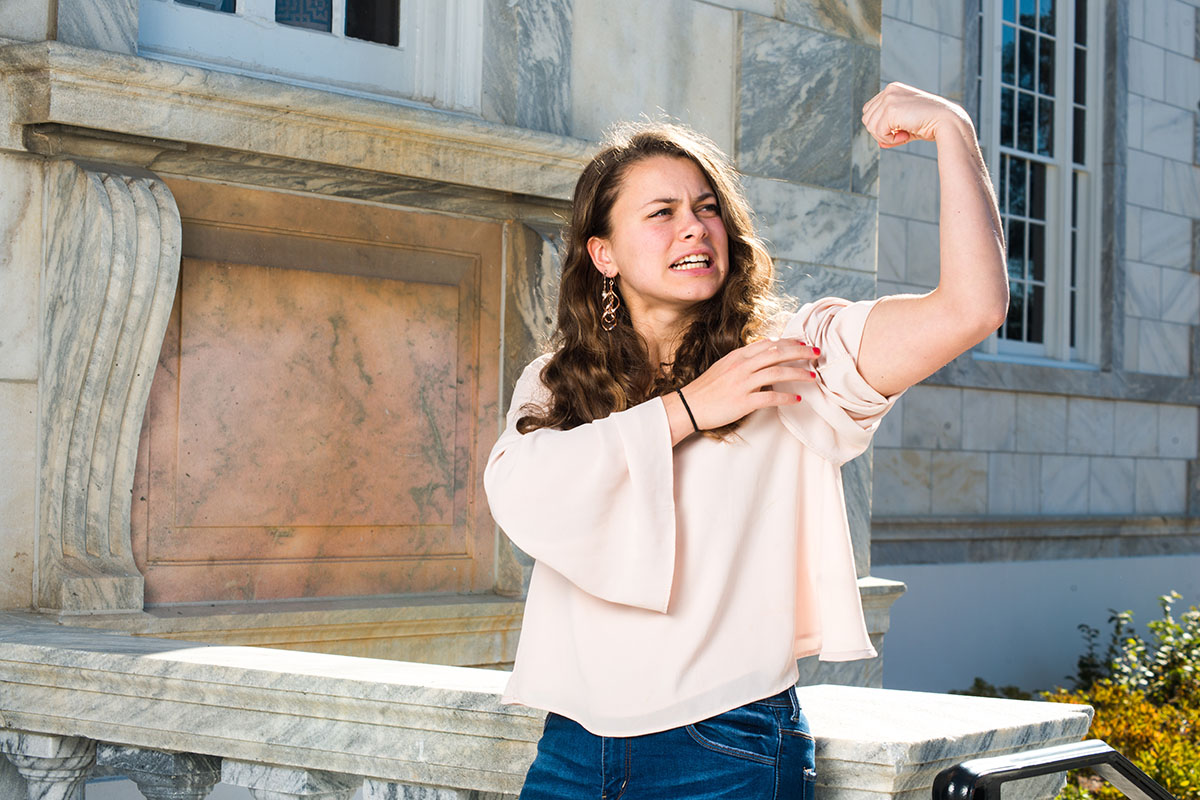
Gabriel Harr-Siebenlist 21Ox 23C
“I grew up in a bilingual household speaking Spanish. Language is a big part of identity. It became very apparent to me that being able to speak another language really helps form trust with people because, if you are able to speak to someone in the words of their family, their culture, their country, it does a lot to break down walls when meeting someone for the first time. It’s something that is really human. We can put everything that we express, everything we feel into words to share and that creates a lot of trust.”
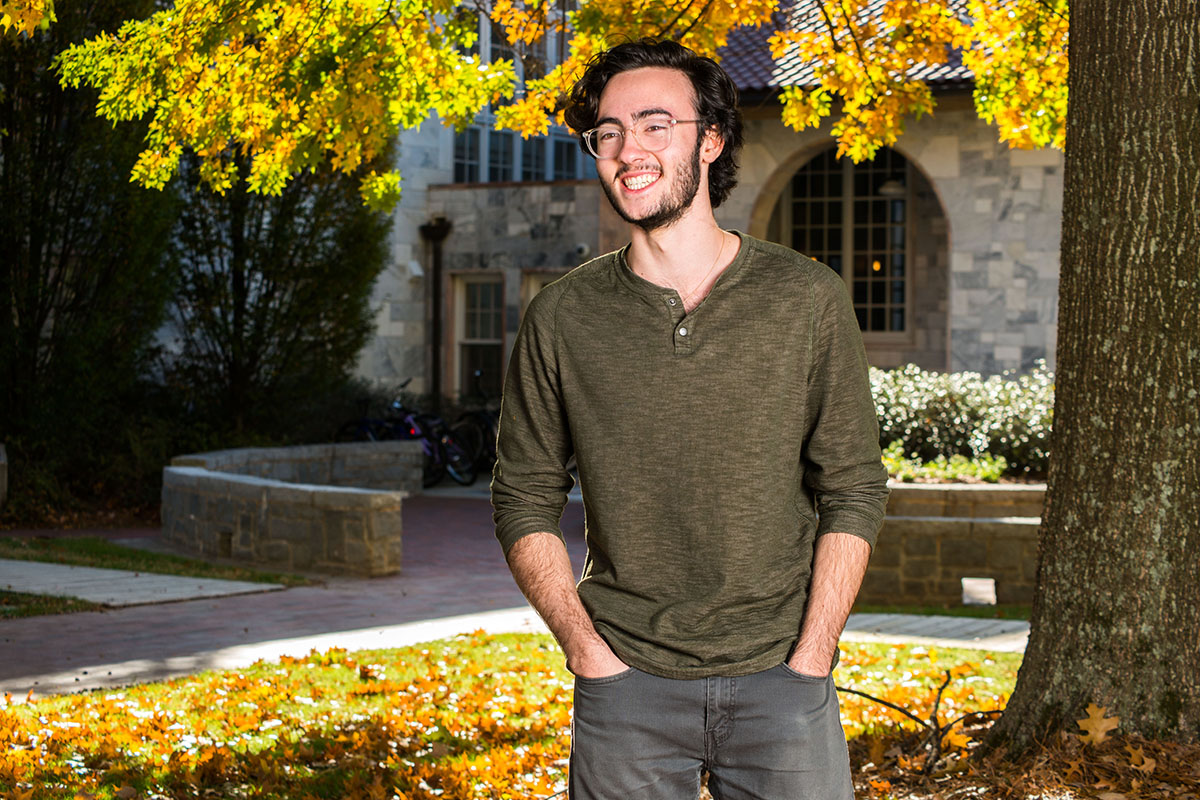
Adaora Ede 21N
“[P]eople need to be driven out of their normal ways of thinking to think more critically about how systems of oppression are still affecting us today and then to keep thinking about racism and classism and homophobia and transphobia. I want to go into nursing education and change it from a systemic approach by talking about how culture, race, and socioeconomic status can affect groups of people who are marginalized and have disadvantages in healthcare.”
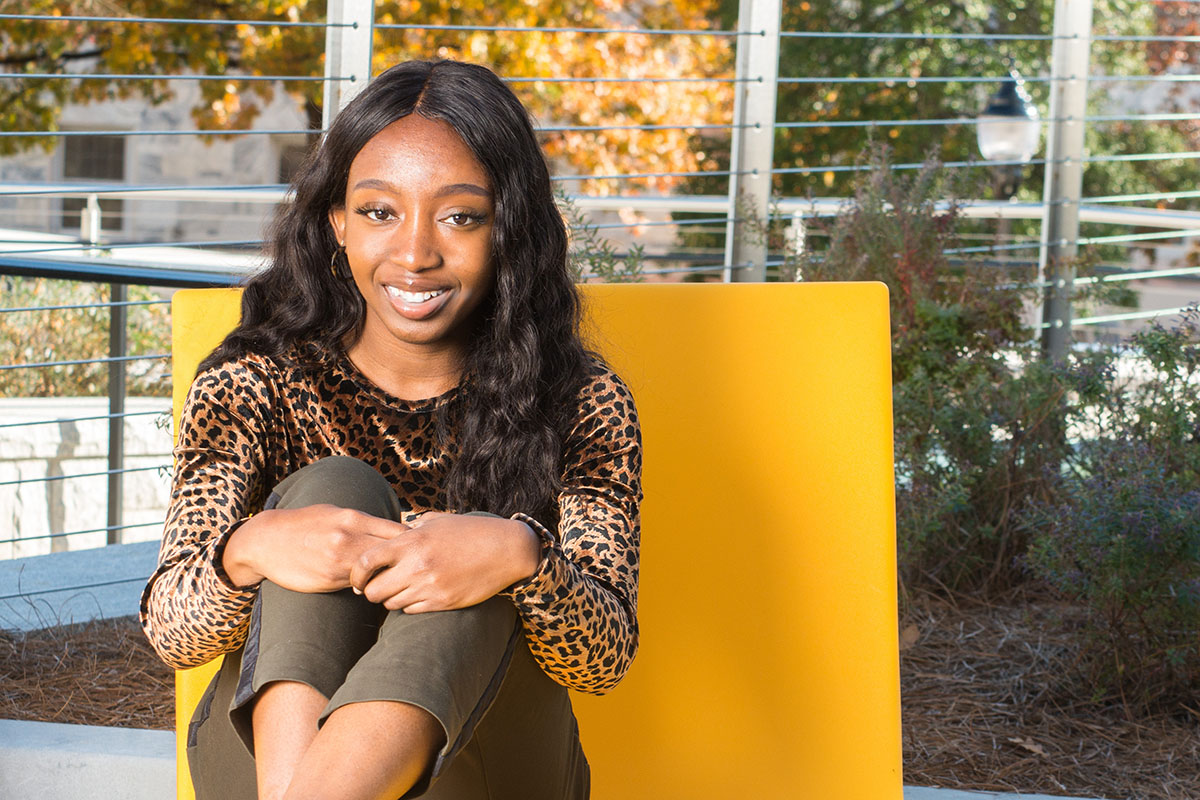
Adrien Gay-Bellile ‘22B
"I am French-American, born to a French family in France, but then I moved to the US when I was 4 months old. I spent 7 years in Atlanta and then moved to Asia and Europe for the remainder of my childhood before coming back to Atlanta for college. In a way -- not as an identity crisis -- but considering ‘where am I from?’ has always been a big question for me. Because of that, I had this subconscious drive to make Emory my home. It forced me to integrate into college in a different way than students who may have a clear idea of where home is. I had to create home at Emory."
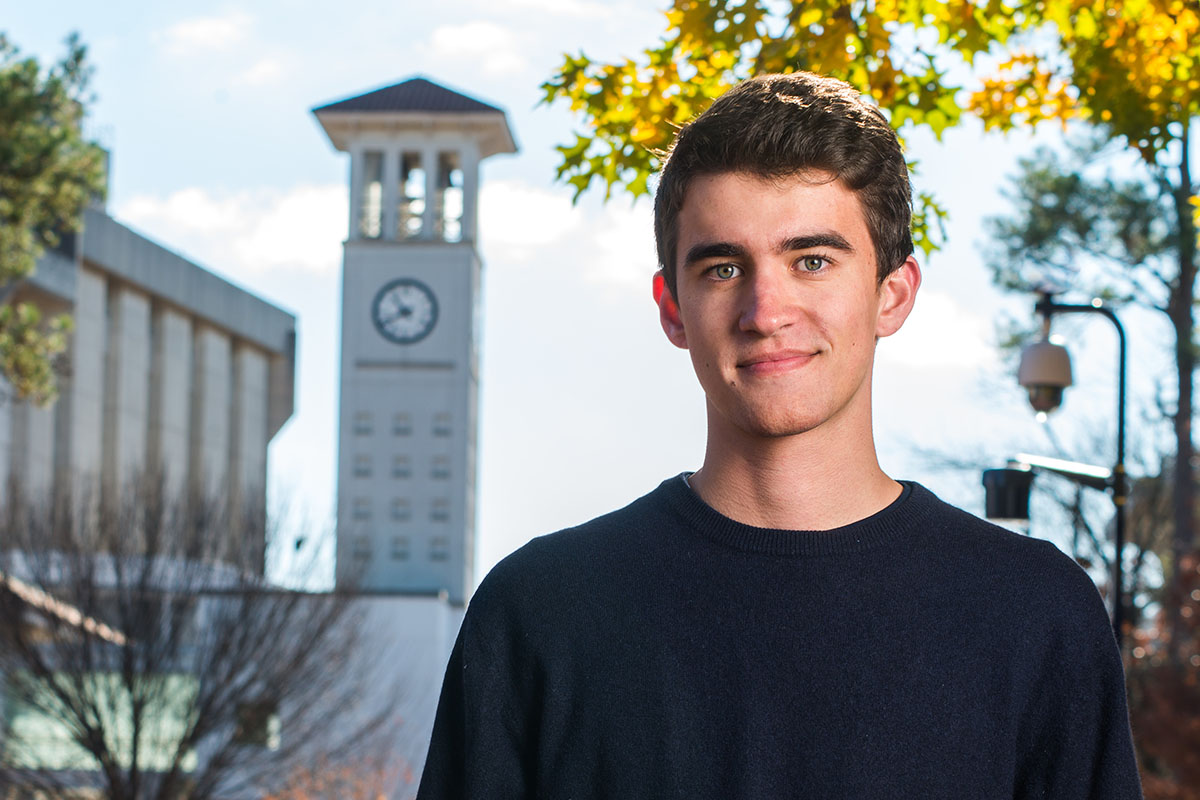
Calen McDonald 22C
“I had to learn how to exist without my family and the safety nets of my hometown. My public school was a smaller community. Being at Emory, I wasn’t used to be surrounded by so many unfamiliar people. But we’re all fortunate that everybody comes in not knowing anyone where everyone gets to forge new relationships. We’re all having this terrifying experience of being thrust into the real world. We all have to navigate that together so even though we’re having individual crises, we’re having them collectively.”
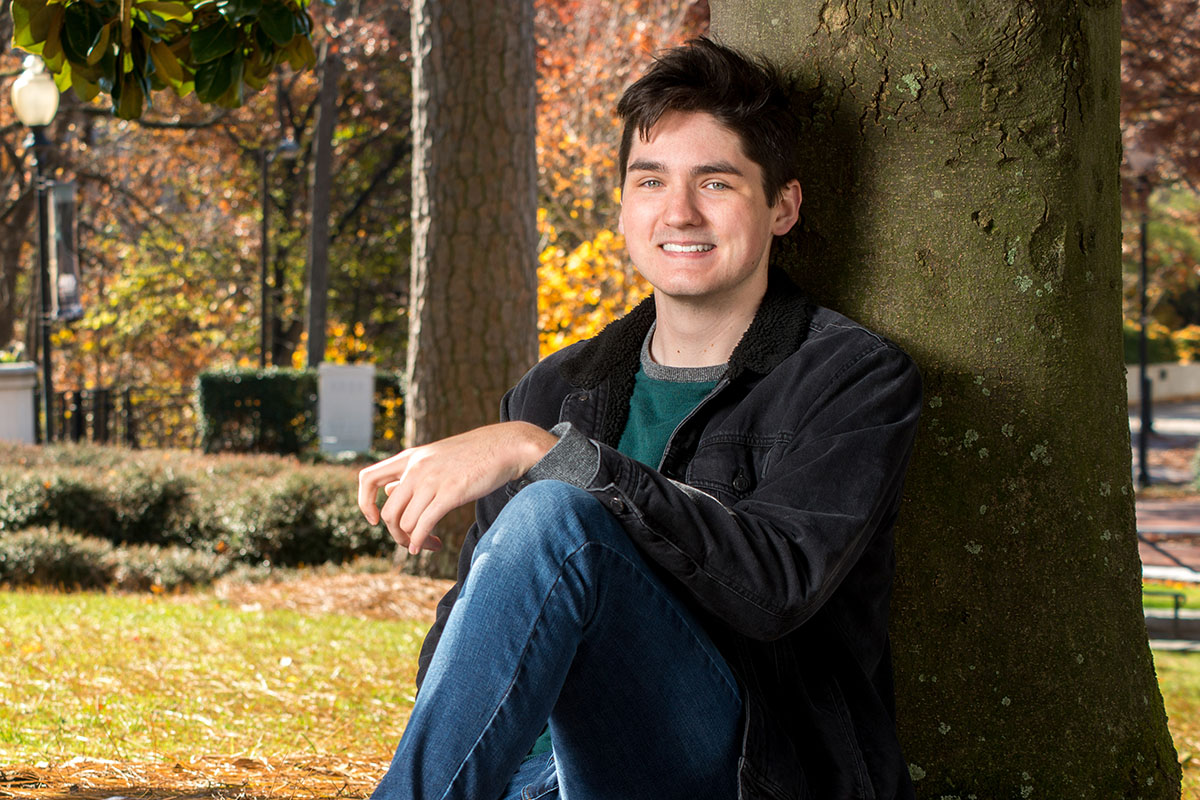
Rachel Ding 20Ox 22C
“There is sometimes a misconception that Emory doesn’t have school spirit. Emory was founded on a dream of American education, and I think this value has gotten a little lost as we’ve changed as a society. There is so much value put on collegiate football as a representation of ‘school spirit.’ Although Emory may lack some traditional aspects of school spirit, we make up for it in rich history and a vibrant, diverse community that we can all root for.”
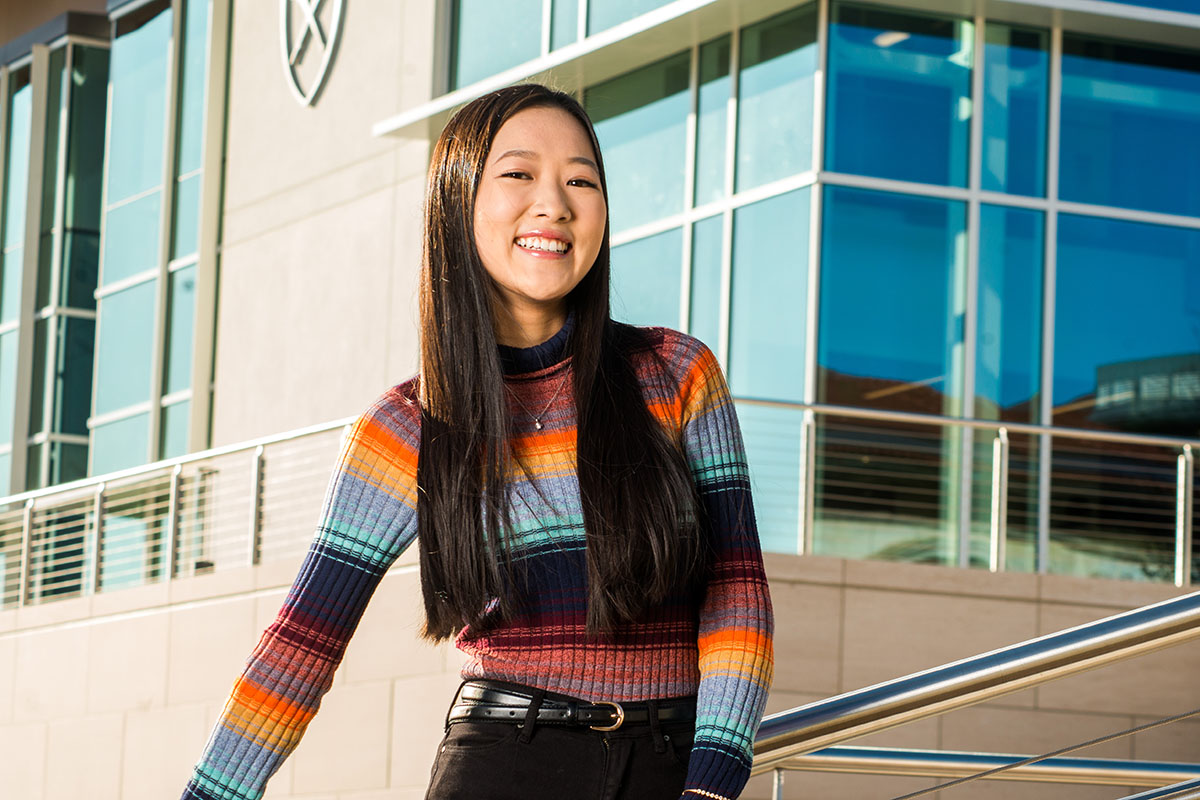
Emiricus Brown-Murillo Gonzalez 21C
“It wasn’t until I got to Emory that I found out there is a community that is queer and feels the same way I do about identity. I started identifying as gender nonconforming when I got here because I didn’t like how some of my family would try to instill these feelings of masculinity in me. I never agreed that just because I was born a male I have to act a certain way, or that I have to [suppress] certain emotions. That didn’t seem really healthy to me.”
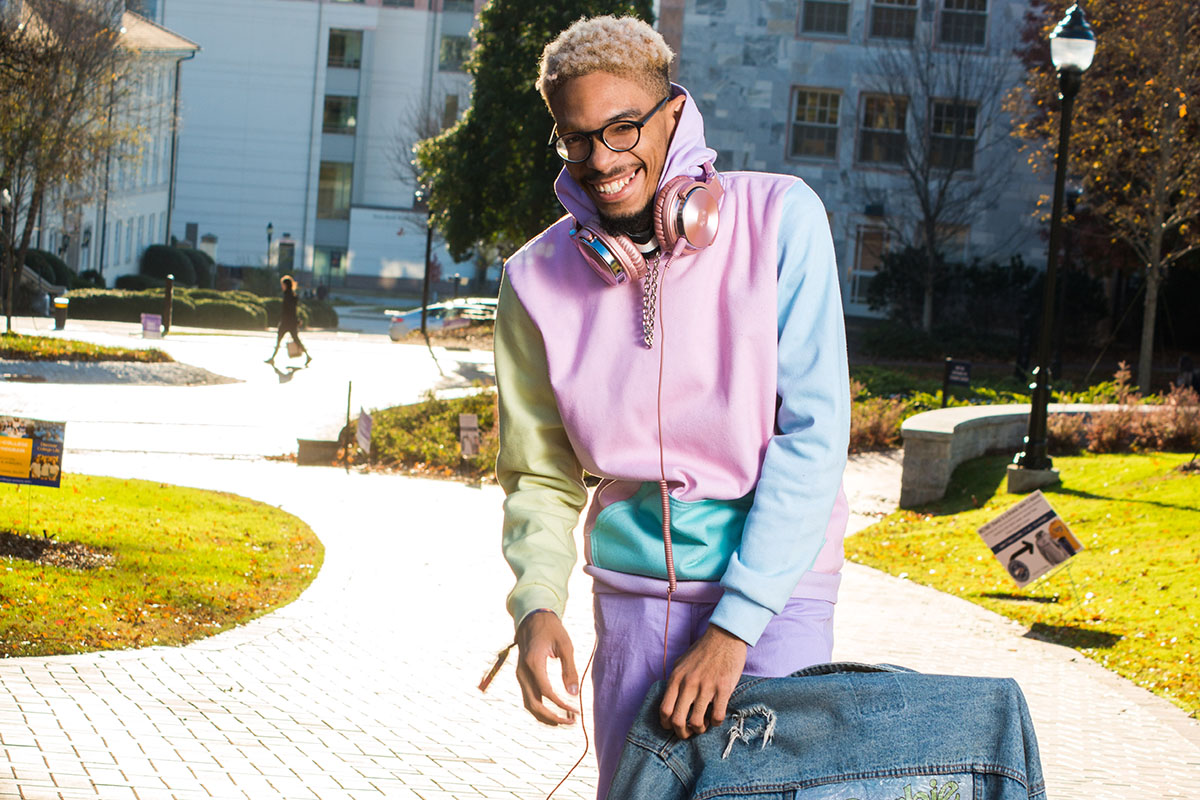
Parth Mody 21C
“When I first came to Emory, I was homesick. I was born in Mumbai, India, where I grew up for 13 years, and then moved to Hong Kong. I had to get used to being far away from my family and friends, but then I came to Emory and made incredible friends on campus. I got a chance to be a part of a fantastic community that respected my opinions and my beliefs and tried to understand where I come from, which helped me to actually understand where others come from.”
